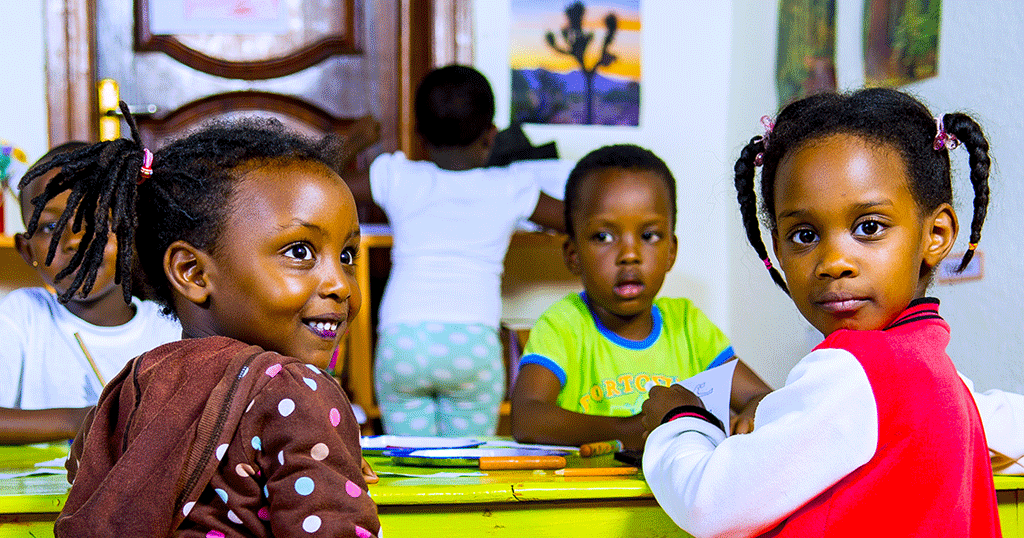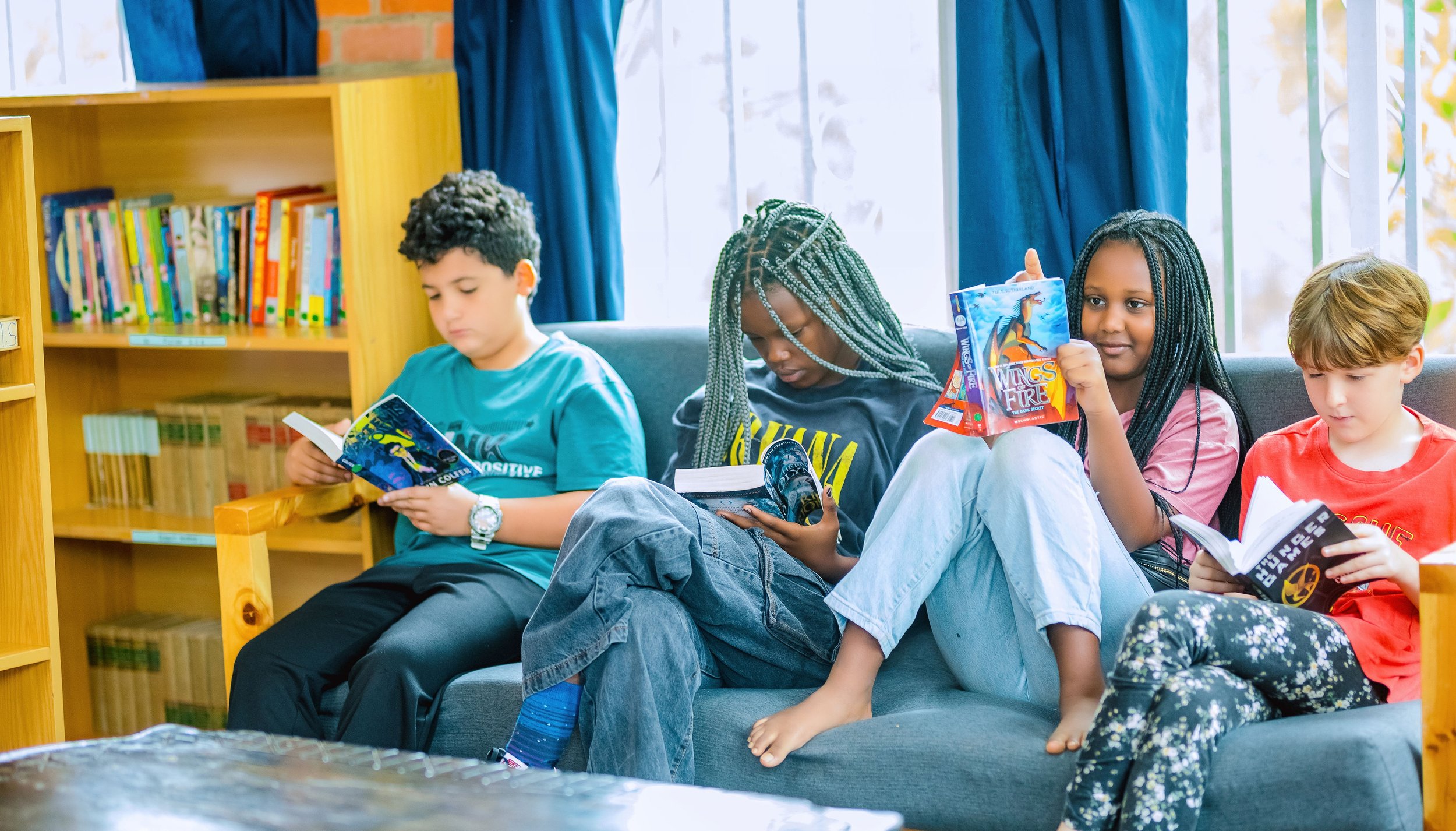
Elementary
At the elementary level, Montessori students learn to think for themselves. They are encouraged to do their own research, analyze what they have found, and come to their own conclusions. Montessori teaches students to think, not simply to memorize, feedback, and forget. They literally learn how to learn, discovering that the process of learning can, and should, be as natural as breathing! Students become fully engaged in the learning process.
The Great Lessons
We start each year off with the Great Lessons, exploring the origins of the world, sparking imagination, and creating a framework through which students learn core academic subjects. These cosmic lessons inspire wonder and provide context for all subsequent learning.
Lower Elementary (Grades 1-3)
Students begin to move beyond what and why to how. Working to move from concrete to abstract thought, this age seeks to make sense of facts and ideas they are encountering in the world.
Small group and individual lessons
Learning to plan daily schedules
Collaborative work to respect others' ideas and opinions
Movement from concrete to abstract thinking
Rather than present students with all the "right answers," Montessori teachers ask the "right questions," and challenge students to find new solutions.
Academic Excellence
We nurture natural curiosity and creativity, allowing children to explore subjects deeply and make connections across disciplines.
Curiosity & Creativity
Our approach awakens the human spirit, fostering ethics and social responsibility in a supportive community environment.
Human Spirit
Upper Elementary(Grades 4-6)
Children continue to learn abstraction with increased importance placed on morality, justice, and social interactions.
More collaborative projects
Lessons in independence and cooperation
Small group and one-on-one lessons continue
Planning daily schedule in one-week increments
Elementary Level Curriculum
The mathematics curriculum introduces mathematics concepts, number theory, and computation through the use of Montessori materials. Hands-on learning makes abstract concepts clear and concrete. Materials proceed through several levels of abstraction until the student grasps them conceptually. The Great Lesson "The Story of Numbers" familiarizes students with the history of numbers, its importance and influence in the evolution of civilization, and its place as the foundation for the mathematical and geometrical systems used today.
Mathematics
All aspects of language are integrated into all areas of the curriculum. In the lower elementary classroom, the focus is on reading fluency, writing, and oral expression. The Great Lesson "The Story of Language" familiarizes students with the history of symbolic language, its importance in the evolution of civilization, and its use as a means of communication. At the upper elementary level, the study of language builds on reading fluency and foundational writing skills and expands to the comprehension of texts. Written expression is a continued emphasis
Langauge
Montessori’s Cosmic Education fuses the study of geological history, physical geography, and earth/natural sciences. Lessons satisfy the child’s need to understand relationships, cause/effect, associations, and morality while utilizing the imagination and sparking curiosity and interest.
Students explore science by studying the natural world, scientific laws, and how humans have applied this knowledge. Learning happens through experiments, lessons, and independent research.
Science
Geography aims to build spatial awareness and cultural appreciation. It begins with a broad understanding of the world and gradually narrows to specific features like rivers and mountains, using tactile materials and oral lessons for repetition. The focus is on our relationship with the earth and how people meet basic needs in various environments. History is introduced through engaging stories that explore humanity’s shared contributions. Children learn about the Earth’s formation, the passage of time, and cultural development. These lessons encourage imagination, curiosity, and moral understanding while helping students grasp cause and effect and the connections between events.
Social Sciences
The purposeful work of practical life helps children develop and refine a strong and realistic sense of independence and self-reliance. Activities at this level focus on care of self, care of the environment and living things, cooperation, and continued practice of grace and courtesy. Activities become experiences and exposure that allow them to learn to navigate and respond effectively in life. Students feel a greater sensitivity to their surroundings, so activities begin to take the children outside of the classroom
Practical Life
“The greatest gifts we can give our children are the roots of responsibility and the wings of independence.”

